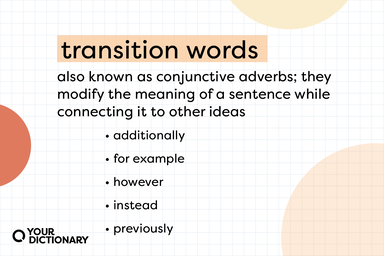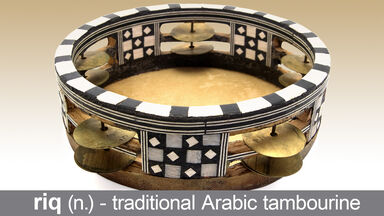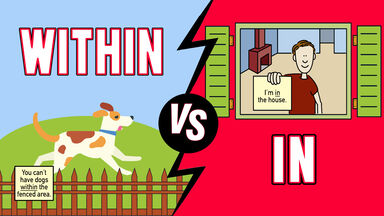In Definition
Inch.
- atomic number 49
- indium
- inch
- hoosier-state
- indiana
- Guaranteed to get or have:
You're in for a big surprise.
- Informed about; participating in:
Only one business partner was not in on the illegal scheme.
- For the reason that.
- to play the last nine holes of an 18-hole golf course
- to hold a grudge against
Idioms, Phrasal Verbs Related to In
- in for
- in on
- in that
- come in
- have it in for
- in and out of
- in for
- in on
- ins and outs
- in that
- in with
Origin of In
-
From Middle English, from Old English in, from Proto-Germanic *in (whence German in, Dutch in, Danish i), ultimately from Proto-Indo-European *en, whence also ultimately Latin in, Irish i, Welsh yn, Ancient Greek ἐν (en) (modern Greek εν (en)), Old Armenian ի (i), Old Church Slavonic vŭ(n)-, Russian в (v), Old Prussian en, Lithuanian į.
From Wiktionary
-
Middle English from Old English (from in in in1) and from Old French (from Latin) (from in in, within en in Indo-European roots)
From American Heritage Dictionary of the English Language, 5th Edition
-
ME < OFr & ML < L < IE *ṇ-, initial negative particle, var. of *ne, *nē- > no, L ne-
From Webster's New World College Dictionary, 5th Edition
-
Middle English from Old French from Latin ne in Indo-European roots
From American Heritage Dictionary of the English Language, 5th Edition
-
From the Latin -īnae, feminine plural form of -īnus (“-ine”).
From Wiktionary
-
Middle English from Old English en in Indo-European roots
From American Heritage Dictionary of the English Language, 5th Edition
the Old English present participle suffix -ende
From Wiktionary
the Old English verbal noun suffix -ung/-ing.
From Wiktionary
-
Abbreviation of inch.
From Wiktionary
Variant of –ine
From American Heritage Dictionary of the English Language, 5th Edition
Old English inne
From Wiktionary
-
see -ine
From Webster's New World College Dictionary, 5th Edition





